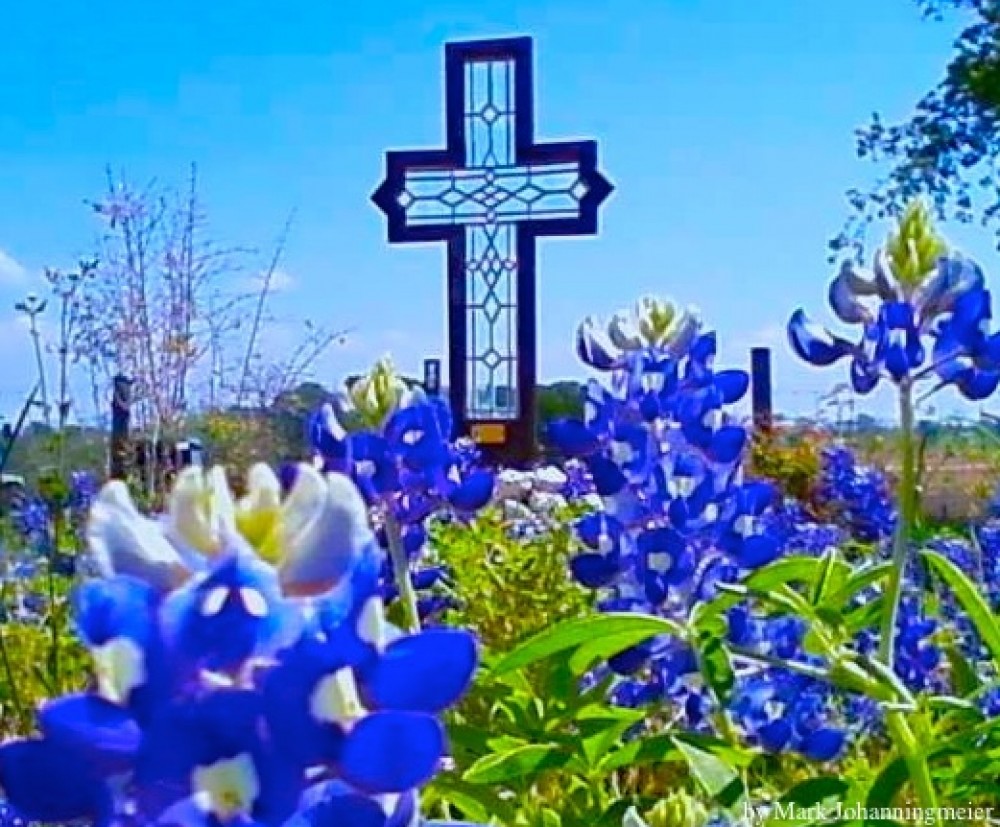Josiah’s actions of cleansing the Land and the Temple, his Passover celebration, the legacy of prophetic ministries from his reign, and their relationship to “The Day” talked about by earlier prophets are acts of major significance. This “breath of fresh air” in the family of David was God’s attempt to let Judah repent and put off the cleansing of the Land that had to come.
His importance was announced many years before his arrival in 1 Kings 13:2. This was a time of spiritual darkness when Jeroboam had divided Israel and was replacing Jehovah with man-made images. An unnamed prophet came out of Judah, and prophesied the birth of Josiah and the destruction of Jeroboam’s altar; this story is finished in 2 Kings 23: 15 – 17.
Josiah’s shining light comes between two really dark chapters in the history of God’s people. Manasseh and Amon took evil and ignoring God to the lowest point for Judah. Then Josiah’s sons and grandsons ignored the reforms he made, inviting destruction of the Day for Jerusalem. Jeremiah endured this abuse and had Burach chronicle it, Ezekiel and Daniel were also witnesses of this unfaithfulness of Judah and Israel, only they were in Babylon.
Imagine the voices trying to speak into his life at eight years old when he became king. At sixteen he personally starts seeking God. The amazing thing about this is that he had no scripture to refer to, I wonder if he knew of the prophecy during Jeroboam’s reign. At twenty he started purging the Land, some areas were not in Judah. After cleansing the Land, he turns to the Temple and orders it cleaned and restored; then the Law is given to him, and he realizes how far from God they have been. This in turn forces him to find Huldah that leads him to celebrate Passover.
Points of a Josiah Generation
- Josiah sought God. This in itself is not a grand idea, but the term “of his father David” clarifies exactly Who he sought. It was not the current version or idea of God, but the God that helped David through the trials and hardship he endured, the God that showed Himself faithful.
- Josiah physically removed and destroyed things that were offensive to God and hindered the mindset of Judah. In 2 Chronicles 34, the list of things that he destroyed was impressive. I am certain that there was crumbling and opposition to this work; they were probably expensive and many of the people had grown up with these altars, images, and the “religious” activities that were associated with them. WARNING: He took care of what he was responsible for! He did not go into Moab, Edom, or Ammon trying to clean them up, he took care of what God had given the people of Israel.
- In 2 Chronicles 34: 8 he knows there is another level that he has to go to. He turns to the “church.” Things inside his worship house had been neglected and were broken. An important point here is Josiah empowered the people to do the repairs and many/most were worshipers (vs. 12). Verse 9 tells where the funds came from, the descendants of Judah and Rachel are listed by name, but other Tribes/people also gave! The named tribes are the chosen first-born (Judah) and the heirs of the “loved wife” (Joseph and Benjamin). Jesus has the people and the resources to fuel the revival that will happen before the “Day” arrives.
- All of this leads to the “Book” once again being allowed to direct the people of God. PROVEN prophets of the Lord once again are consulted and the Lord speaks through them.
- Josiah’s Passover symbolizes the revival that many are expecting to occur, but it came after a considerable amount of effort and actions.
SPOILER ALERT – Once Josiah was gone things came undone very quickly! The offspring of the revival ignored God and twenty-two and a half years later Jerusalem was in ruins and the Land was getting to rest!
